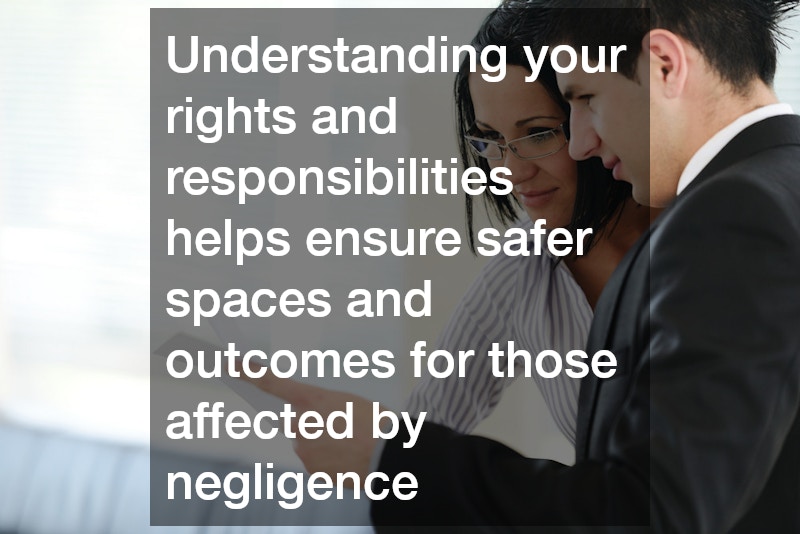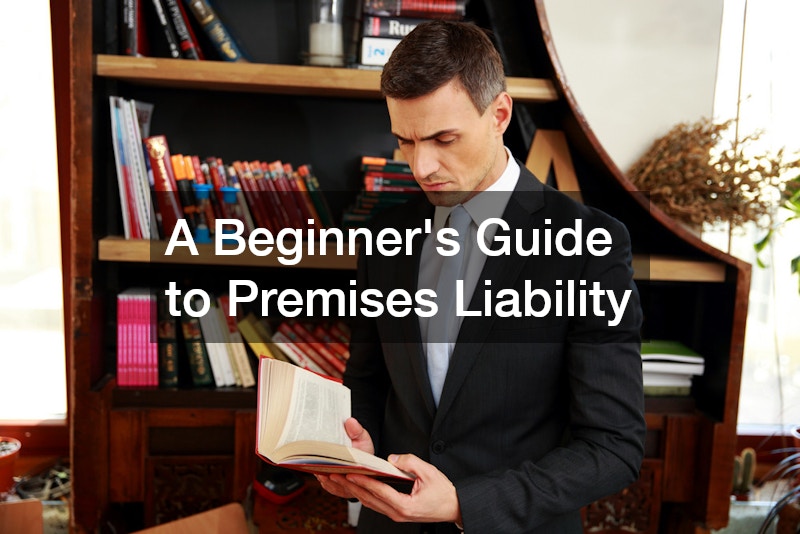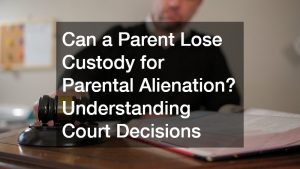Premises liability is a legal concept that holds property owners and occupiers responsible for accidents and injuries that occur on their property. The main principle behind this area of law is that property owners have a duty to keep their premises reasonably safe for visitors. This responsibility extends to businesses, landlords, and even private homeowners who invite guests onto their property.
Common examples of premises liability cases include slip-and-fall accidents, dog bites, inadequate security, and swimming pool hazards. When an injury occurs due to a property owner’s negligence, it becomes the injured party’s right to seek compensation for medical expenses, lost wages, and other damages.
While laws vary by state, the injured individual typically must prove that the property owner breached their duty of care and that this breach directly caused the injury.
If you believe you have a legitimate premises liability claim, consulting premises liability law firms are a crucial first step. Their attorneys can evaluate the circumstances surrounding the incident and guide you through the complexities of filing a claim. They will also represent you in negotiations or in court if necessary.
By understanding the fundamentals of premises liability, you can take the necessary steps to protect yourself or loved ones from dangerous property conditions. In addition, property owners can reduce the risk of accidents by routinely inspecting their premises, addressing potential hazards, and providing ample warning of any existing dangers. Understanding your rights and responsibilities helps ensure safer spaces and outcomes for those affected by negligence.
.







